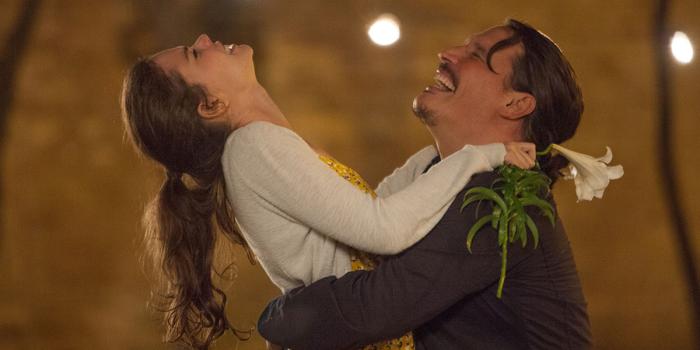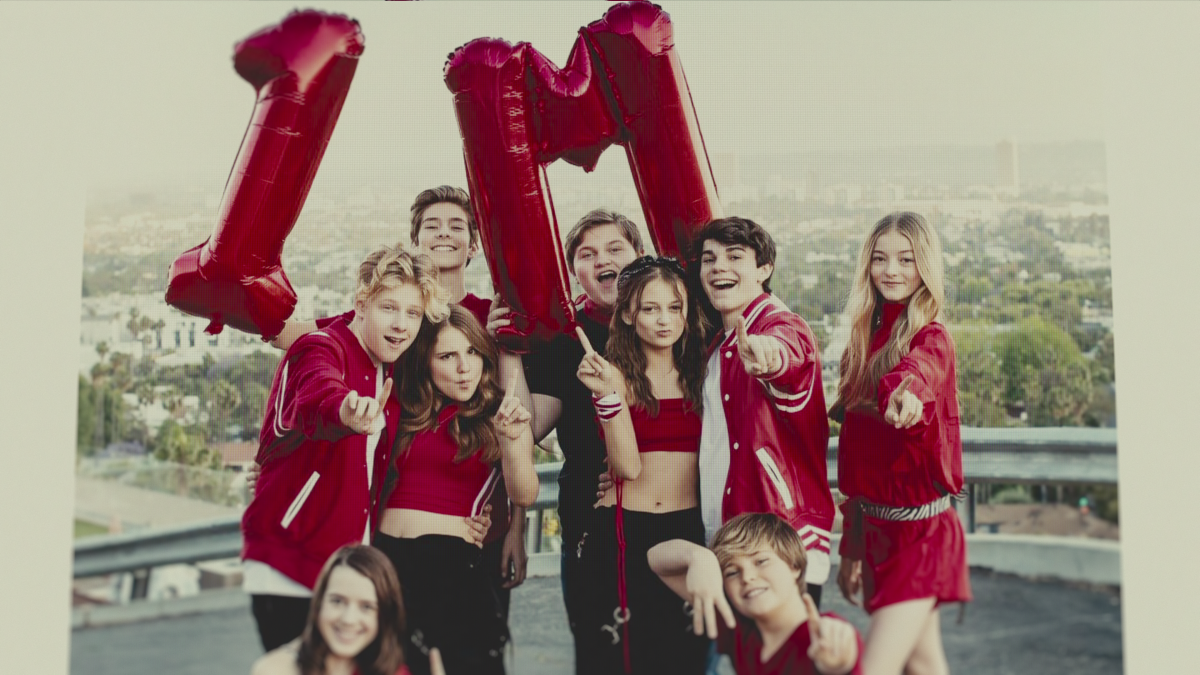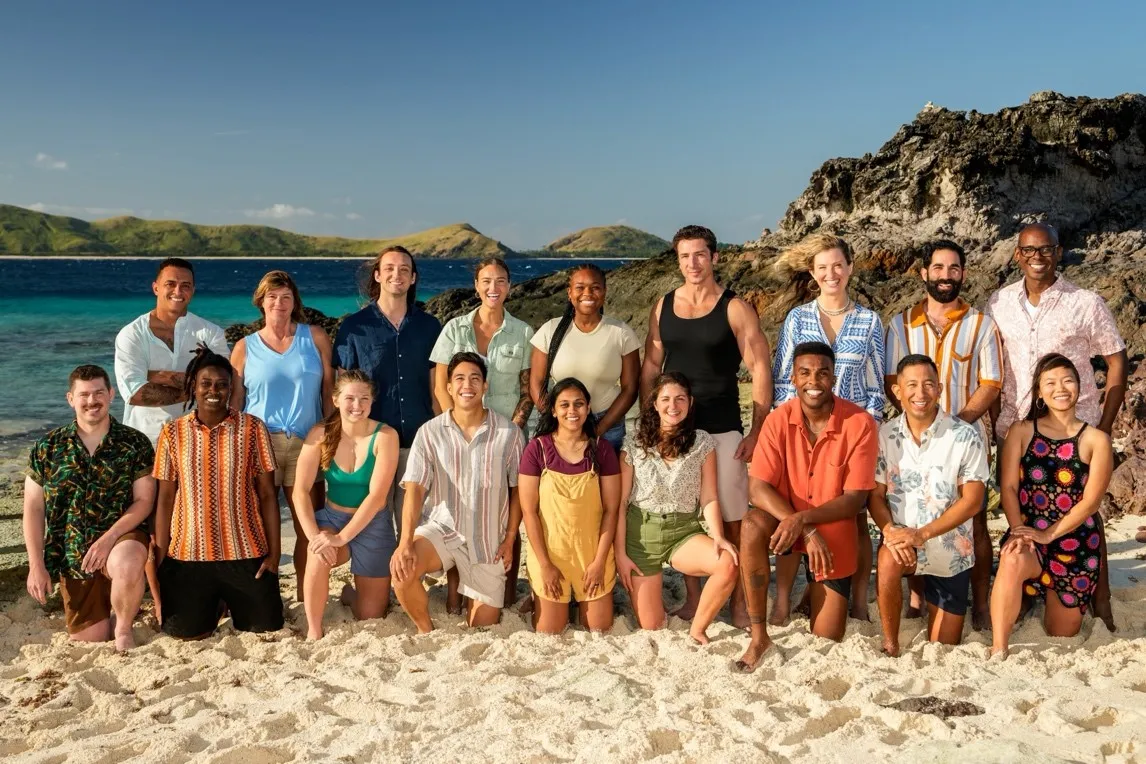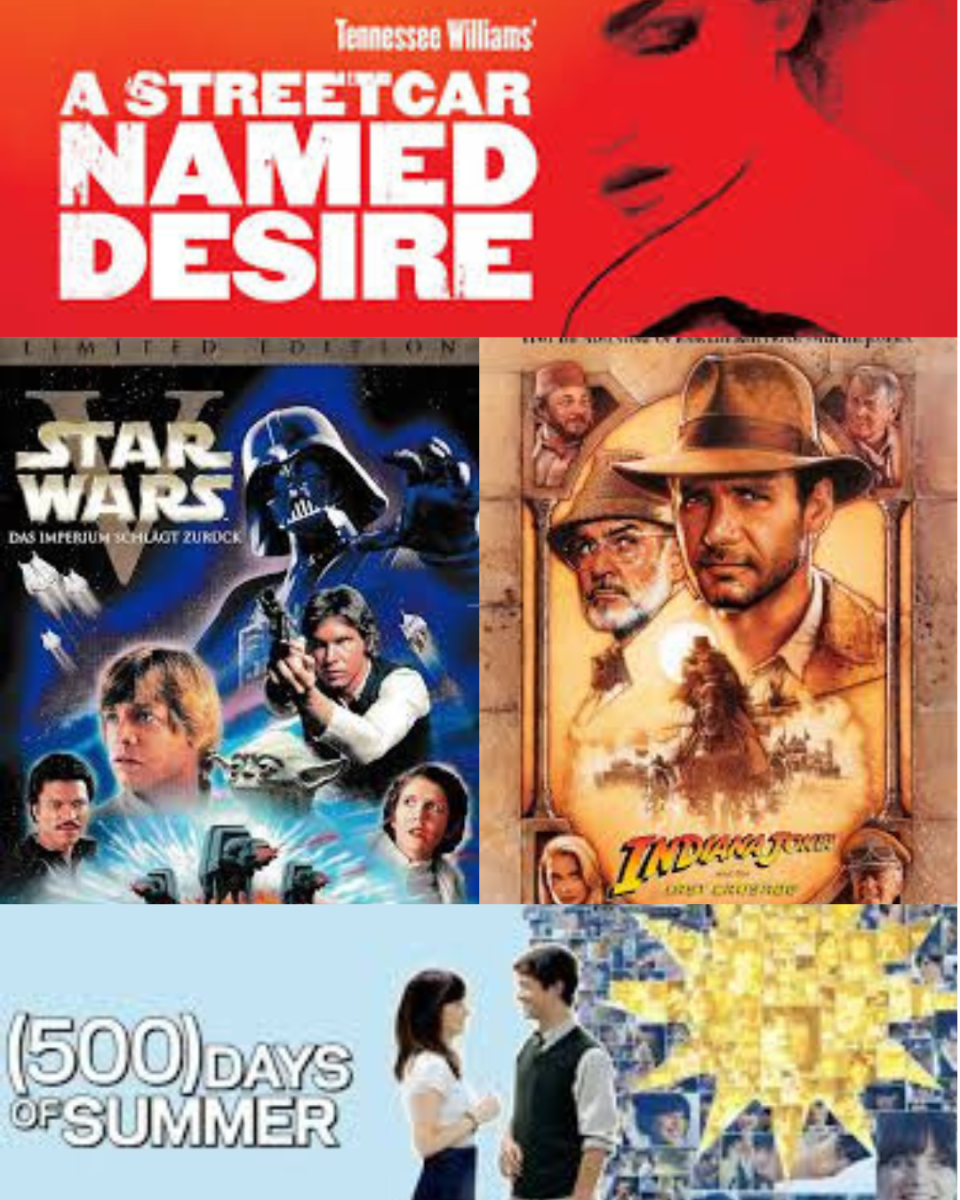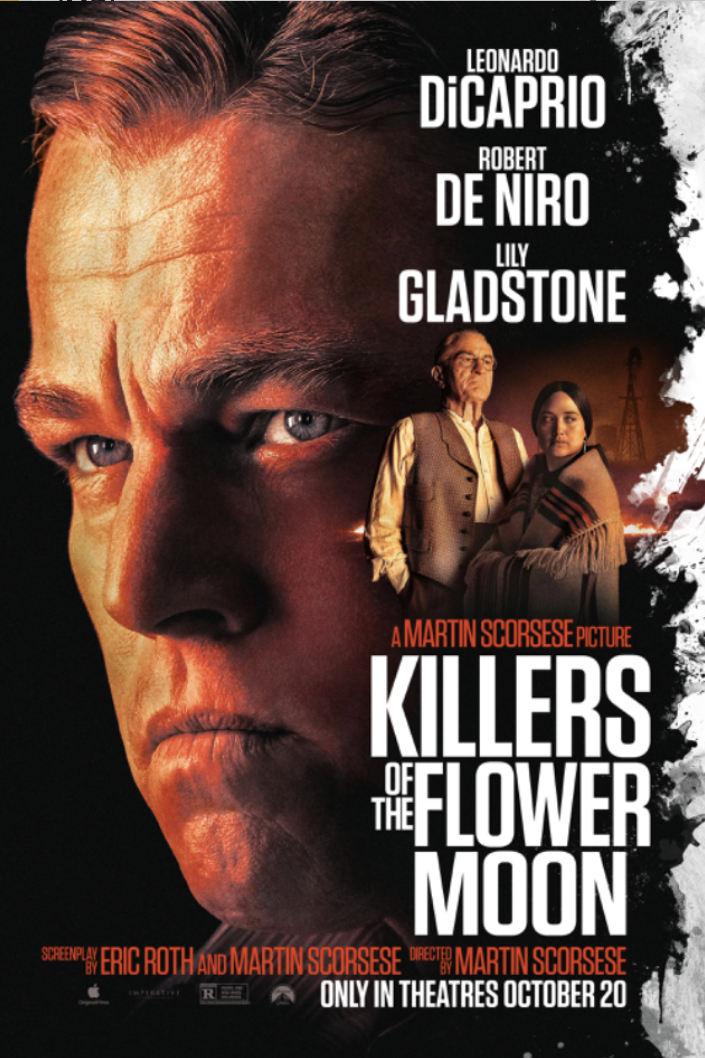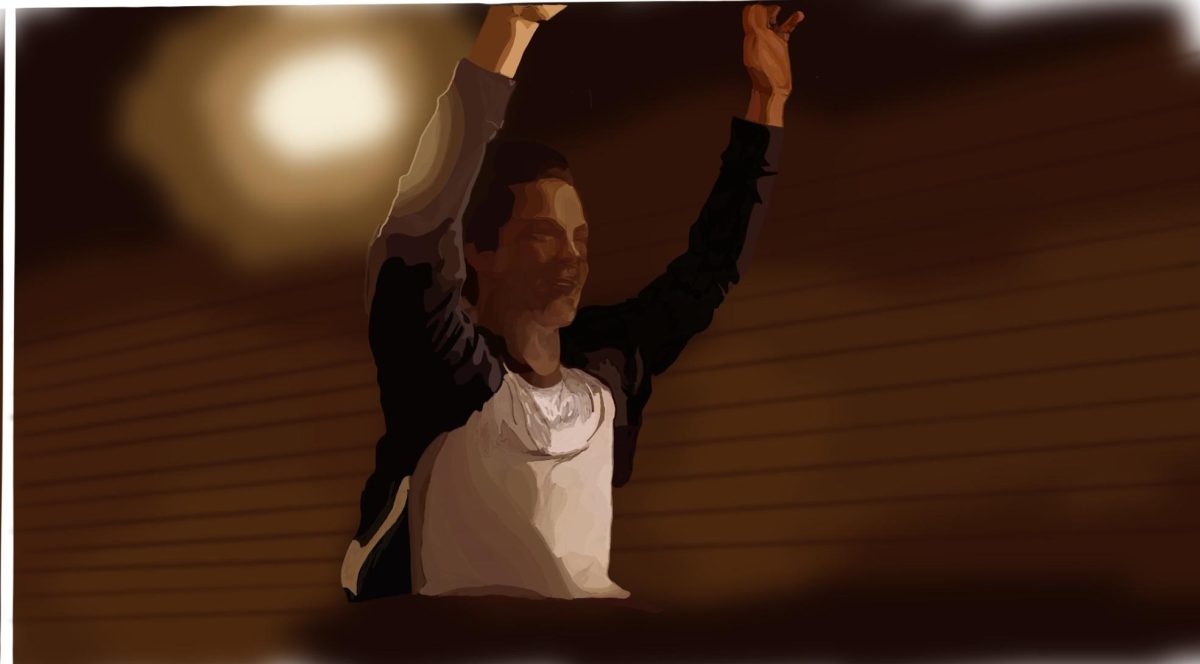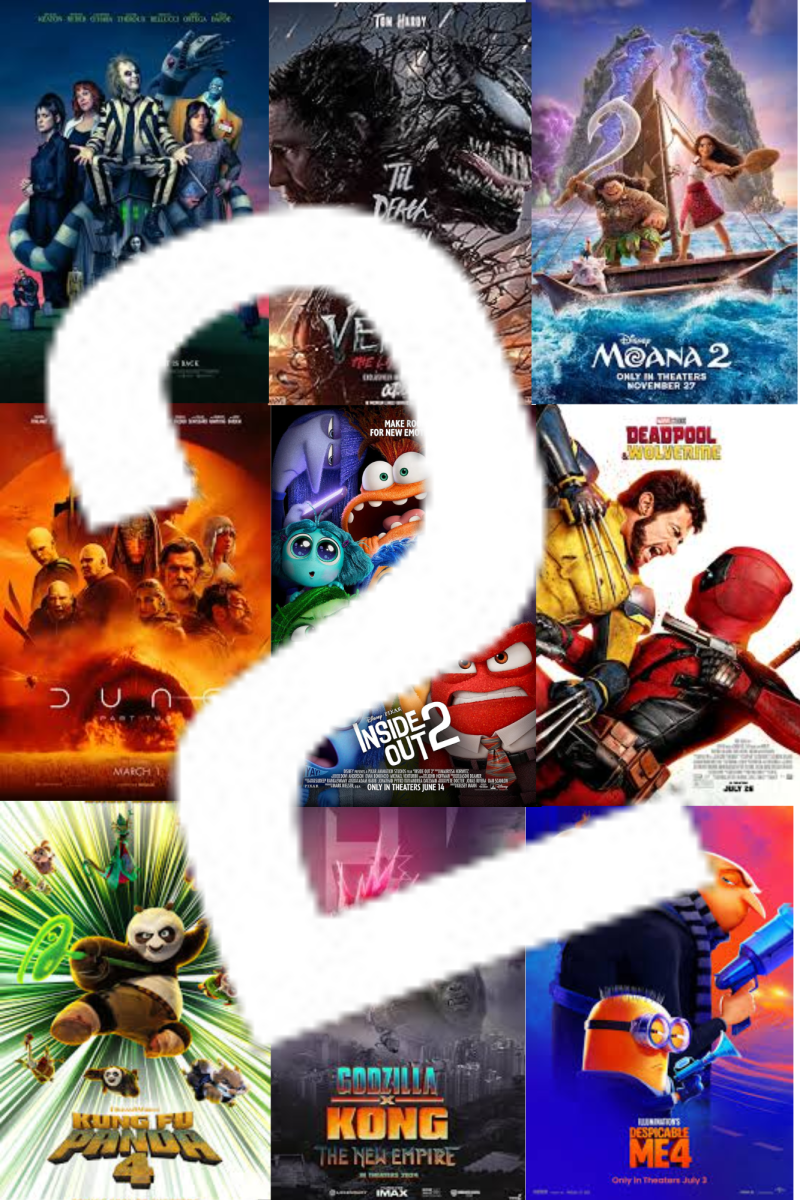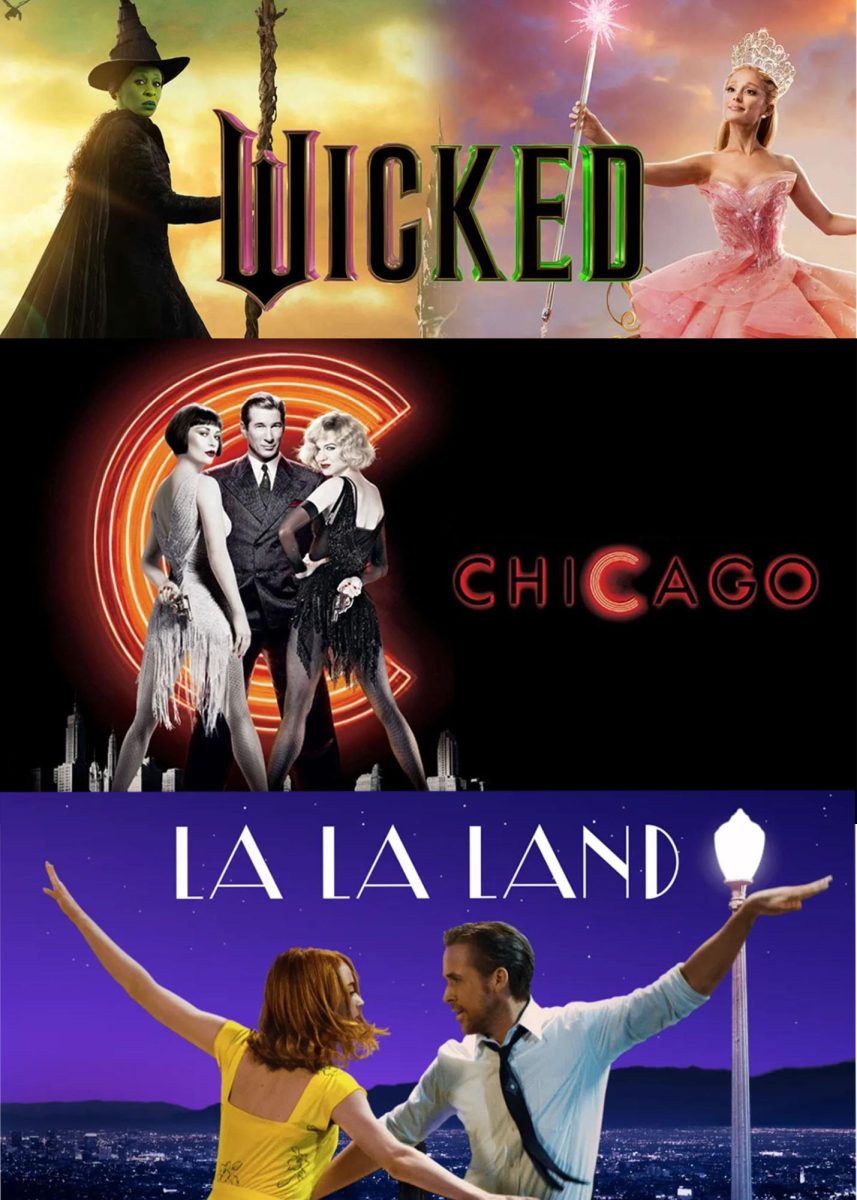Some movies stick with you. It can stick with you for days, weeks or even years, based on wild stories or crazy effects. But if a movie is so captivating just by focusing on life itself, the viewers can relate to the reality almost as if they are simply observers standing at the scene of the crime. The movie “Life Itself” has violence and love that at times can be so jarring, people could remember parts of the movie as if they happened in their own lives.
On Sept. 21, Dan Fogelman’s “Life Itself” started playing in theaters. Fogelman is known for directing “This Is Us.” Although the first half of the movie seems unrelated to the second half, both parts become intertwined. The movie is brilliantly directed and ground-breaking because of its life lessons and themes that reflect on the structure of the movie itself, as well as its timeless manner.
“Life Itself” consists of four chapters. Chapter One takes place in New York City and focuses on Will (Oscar Isaac) recalling anecdotes about his wife Abby (Olivia Wilde) to his therapist (Annette Bening), and Chapter Two is about Will and Abby’s daughter Dylan (Olivia Cooke). Chapter Three is in the olive groves of Spain and focuses on Javier (Sergio Peris-Mencheta) and his relationship with his wife Isabel (Laia Costa), and Chapter Four is about their son Rodrigo (Àlex Monner).
“Life Itself” is no ordinary movie. It is raw, real, unfiltered. Due to the lack of Hollywood’s idealistic expectations, the movie portrays life exactly how it can be with deaths and the heartbreaking reaction to them and relationships and their ups and downs. Being this unfiltered scares people and critics: on opening night, it got only 11 percent on Rotten Tomatoes and one percent on Vox and Rolling Stone, making it a box office flop.
There is no real narrator of the movie—no protagonist, no hero, no villain. Instead, each character is looped into all of the above. They all have good intentions; they all have selfish intentions. Just like people in real life, there is no main character. But there is one story.
Two important characters are Abby and Isabel. In a flashback to college, Abby, an English major, claims that on the grand scheme, all books have unreliable narrators, since all books are told from one perspective, but even life itself is the biggest unreliable narrator of all, for each of us do not truly know the story of life. All we know is it is unpredictable. The movie exemplifies unreliable narrators and an unpredictable plot.
Isabel says that if life brings you to your knees, you need to get up. Everything is connected; just when you do not know what will happen next, the story always manifests in a different form. The movie itself speaks to that. There are four chapters of the movie, and each of them could be a story on their own. But they continue into the next chapter, for stories never end, and a movie is just a frame around a certain point in time.
Chapter One of the movie seems to take place in present time. Will goes to a modern coffee shop to write his screenplay, and his parents unload Amazon packages of toys. In a flashback, Abby’s parents are said to have met in the 1980s. Chapter Three seems to be from a past time, as no technology is present, and the characters pick olives by hand from trees. The next generations, Dylan and Rodrigo, also seem like a present, but they could be in the near future.
It is nebulous which periods of time belong to the characters. The time span is intentionally unclear to show it does not matter when the story takes place. What does matter is stories will not change over the generations; they are the constant that loops over time.
The movie is dense and intense but most of all powerful. The effects of watching “Life Itself” could stick with a person for a lifetime because the movie is jarring, not based on specific observations, fiction or endless action, but because it is based off of raw, unfiltered life itself.



